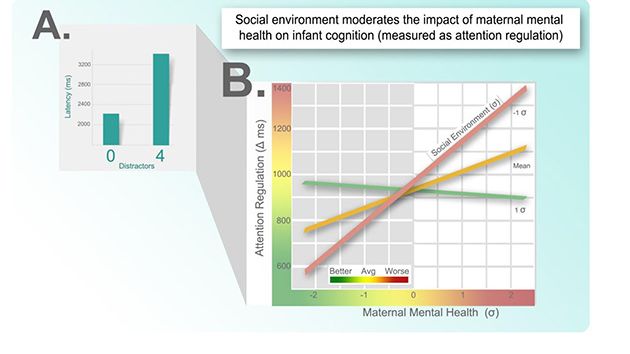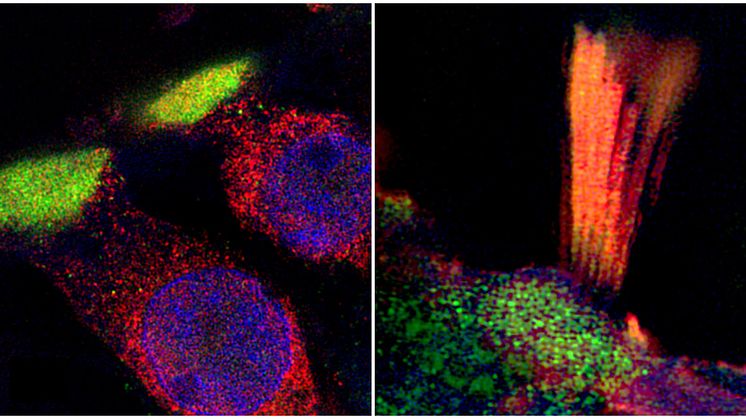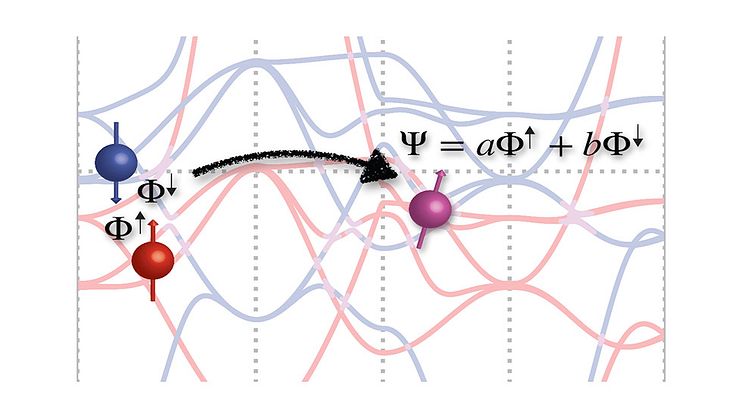Strong bonding - a long-term commitment or many brief relationships?
In an article in the scientific journal Science, researchers at Uppsala University show how a DNA-binding protein can search the entire genome for its target sequence without getting held up on the way. The result contradicts our current understanding of gene regulation - the genetic code affects how often the proteins bind, but not for how long.



